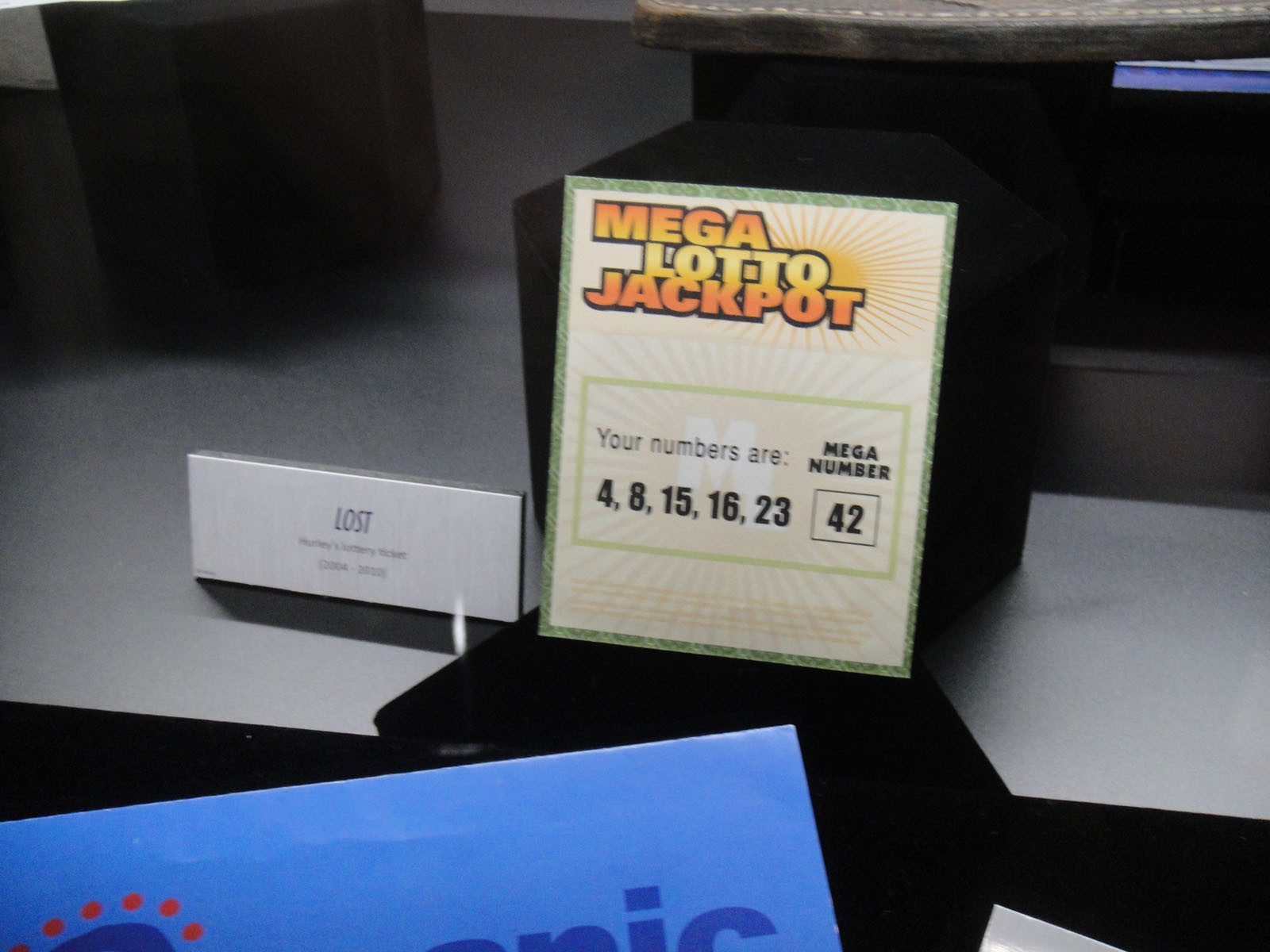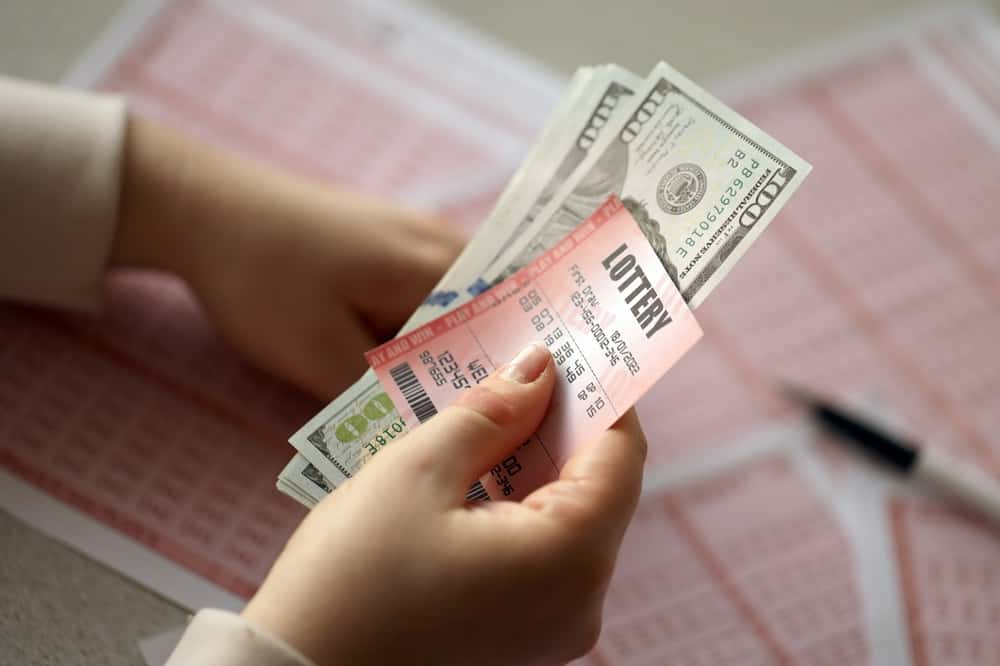Hearing stories about people who’ve won the lottery not once, but two, three, or even more times can make anyone wonder if there’s more to it than sheer chance. With odds stacked at one in several million, how do these individuals beat the odds repeatedly? Is it statistical fluke, a secret strategy, or something in between?
The Math Behind The Madness
To grasp how strange multiple wins are, consider the math. Winning a major lottery, like Powerball, often has odds of about 1 in 292 million. Winning it twice is akin to being struck by lightning on two separate sunny days. Yet, improbable doesn’t mean impossible—it just means extremely rare. With enough players and enough draws, some unlikely outcomes will happen. You have to play to have a chance to win; on the other hand not playing gives you a small win every week, but that's another matter.
 The Conmunity - Pop Culture Geek from Los Angeles, CA, USA, Wikimedia Commons
The Conmunity - Pop Culture Geek from Los Angeles, CA, USA, Wikimedia Commons
Meet The Repeat Winners
There are documented cases of multiple-time winners. Joan Ginther of Texas won four separate lottery jackpots between 1993 and 2010, totaling over $20 million. Then there’s Richard Lustig, who claimed to have won seven times. These examples fuel the belief that maybe there's more at play than pure randomness. Some speculate inside knowledge, others assume an uncanny knack for numbers.
Buying More Tickets Does Help—Slightly
One often-touted method is simply buying more tickets. Statistically, this does improve your odds—but marginally. If your odds are 1 in 292 million, buying 100 tickets bumps them to 100 in 292 million. That’s still an astronomical long shot. It’s like trying to win a game where the rules are deeply tilted against you, no matter how many entries you hold. You could end up throwing away a lot of money with that strategy.
Scratch Cards And Local Lotteries Are Different
Many repeat winners didn’t win massive national jackpots, but instead hit smaller, more winnable games like scratch-offs or state-run draws with better odds. Games with smaller prizes tend to have better probabilities. Joan Ginther, for example, primarily won through scratch-off games in Texas. Local lotteries often have better odds and can reward players who play consistently and track game patterns.
Some People Do Analyze The Numbers
There’s an entire niche community of lottery players who analyze game patterns, prize distributions, and retailer sales data. They use this to buy tickets from stores with a recent history of selling winners or choose games where fewer top prizes have been claimed. While this doesn't change the inherent randomness, it can give a slight edge, especially with scratch-offs.
Location May Play A Role
Certain stores or regions seem to produce more winners, but that’s often because of volume. Stores that sell more tickets naturally produce more winners simply due to higher sales. Some repeat winners simply live near high-traffic lottery retailers or regularly shop at places that sell lots of tickets. It’s less about magic and more about statistics over time.
Lottery Pools And Group Play
Another reason some people win more than once is that they participate in lottery pools or syndicates. These groups buy large batches of tickets and share the winnings. Though the payout is divided, the odds improve significantly for the group. Some multiple-time winners have been part of these shared wins rather than solo victories, which changes the picture quite a bit.
Are Some Wins Suspicious? Yes
Not all multiple lottery wins are clean. Investigations have uncovered cases of fraud or insider manipulation. For example, Eddie Tipton, a former lottery security director, rigged multiple draws using software backdoors. While rare, such scandals show that not every win is above board. Some states now have tighter security protocols as a result.
Luck Is Still The Biggest Factor
Ultimately, there’s no guaranteed system. Even with strategies, repeat winners are mostly statistical anomalies. The human brain is wired to seek patterns, even in random data. That’s why we suspect some hidden logic. But for every repeat winner, there are millions of players who never hit once. The odds don’t care who you are—they just do their thing. Lottery success stories are vastly outnumbered by those who lost big, just as in the case of casinos.
Play For Fun, Not Fortune
The idea of winning the lottery multiple times is thrilling. Think of what you could do with all that money! But playing lotteries shouldn’t be mistaken for a reliable strategy. While some individuals defy the odds, most of us won’t win even once. If you play, do so with discretionary money and realistic expectations. Because when it comes down to it, the only method that’s guaranteed is luck—and luck is famously fickle.
You May Also Like:
Surprising Things Americans Spend Their Money On









